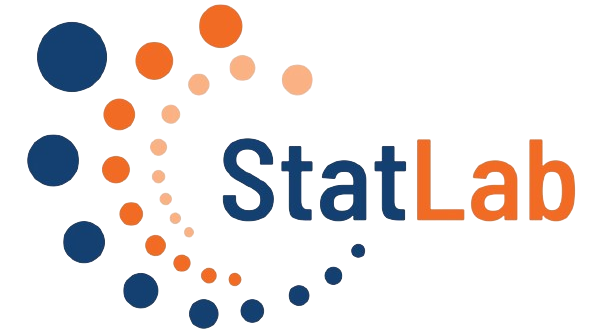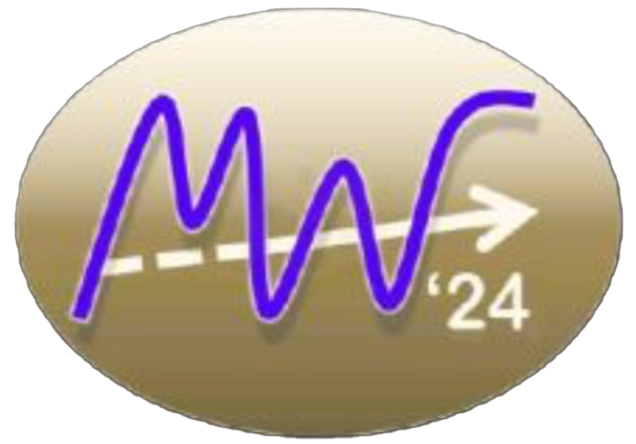The activities of the STATLAB laboratory range across different areas, thanks to the study, analysis and research work carried out by its members. For a detailed list of scientific publications, please refer to personal web pages of STATLAB members. A brief description of the different research areas is reported below.
- Big Data Analytics: Methods and algorithms for the analysis of databases from large experiments. Models for heterogeneous data. Variable selection and efficient methods for data compression. Robustness and noise-resistant methods for large databases.
- Time series analysis: Discrete and continuous Stochastic Processes. Nonlinear models for time series. Forecasts: evaluation of forecasts and their combinations.
- Inference for high-dimensional data: Methods for choosing relevant variables in high-dimensional statistical models. Asymptotic analysis of models and estimators when the number of parameters diverges to infinity.
- Nonparametric inference: Nonparametric estimation and inference based on resampling methods and empirical likelihood techniques. Kernel regression and local polynomial regression. Neural networks. Nonparametric methods for dependent data.
- Methods and models for heterogeneous data: Modelli basati su miscugli di probabilità Model-based clustering. Algorithmi di classificazione e clustering per dati di elevata dimensionalità. Robustezza e metodi di analisi dei dati resistenti al noise.
- Metodi e modelli per dati time-to-event: Models for truncated and censored data. Survival analysis. Models for longitudinal data.
- Methods and models for Finance and Risk Management: Estimation and forecasting of volatility. Multivariate models for portfolio optimization. Estimation of Value at Risk and Expected Shortfall. Option Pricing and Futures Hedging. Backtesting.
- Economic Statistics: Analysis of the structural characteristics of businesses and local production systems. Analysis of the economic situation. Design and management of databases and economic indicators. Market analysis. Statistical quality control.
- Social Statistics: Design of sample surveys and construction of questionnaires for data collection. Data and Web Mining. Multidimensional Data Analysis. Preference Analysis. Social Network Analysis. Structural Equation Models.


